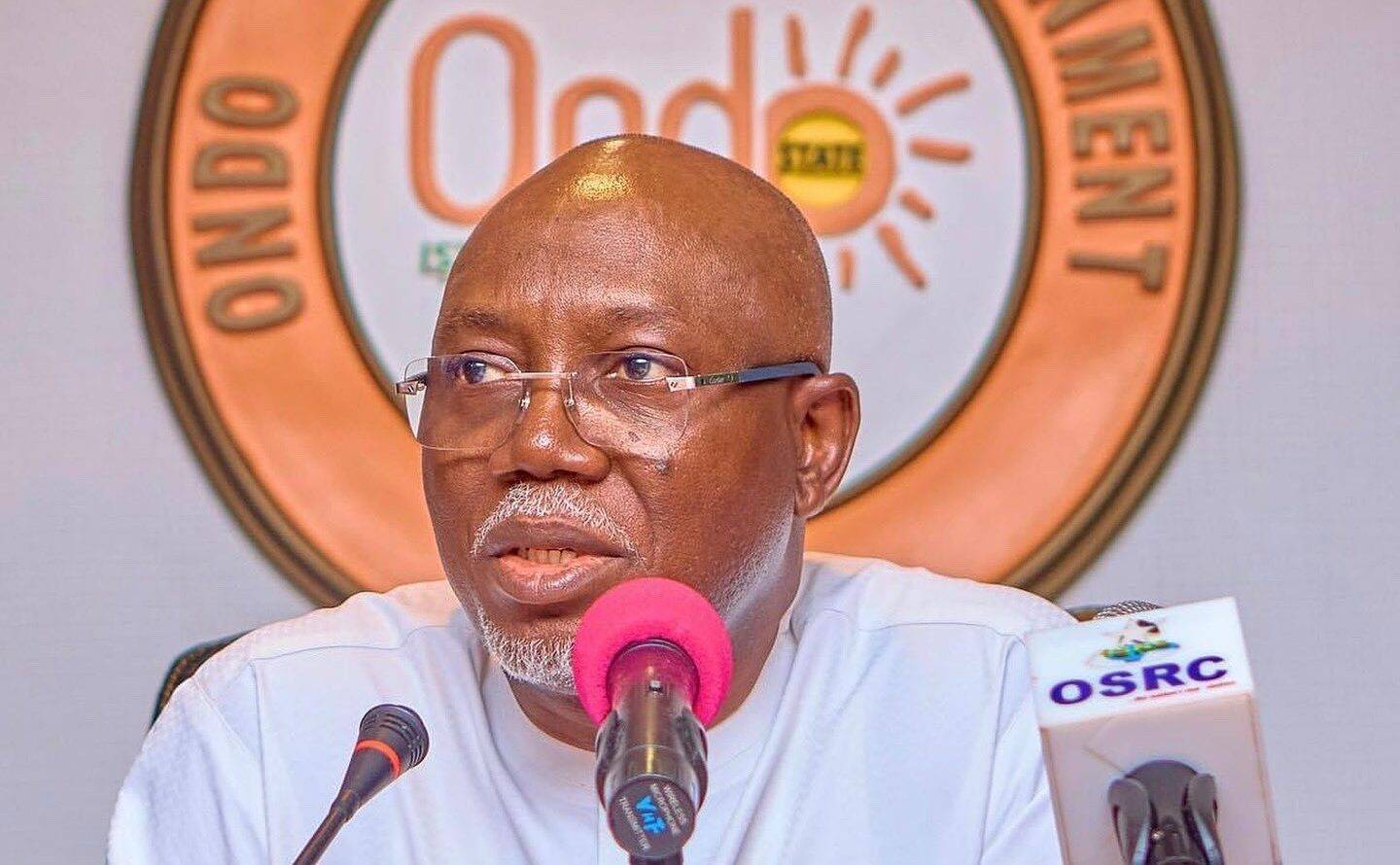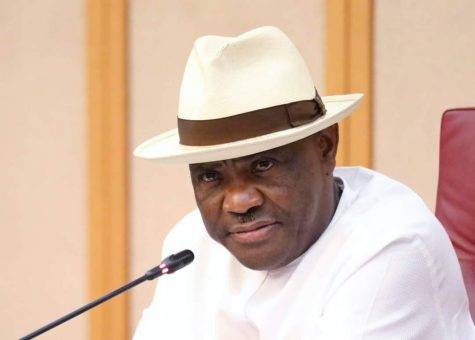The storage in diesel supply in the country may linger more than expected as a recent report by S&P Global Commodity Insights revealed the Dangote Refinery will only reach its full production capacity by the end of 2024.
The report titled “Africa review and outlook (2022-2023) Turbulence on the road to recovery” stressed that Nigeria may not meet its diesel supply needs in the short term despite the Dangote Refinery opening by Q4 2023. A part of the report states:
“Sub-Saharan Africa (SSA) lacks sufficient refining capacity and therefore is highly dependent on imports. In particular, the region needs to import nearly 700,000 barrels per day of diesel, which is 80% of its needs. Nigeria’s Dangote refinery, once online, is expected to provide substantial additional volumes that will relieve pressure from supply constraints across the region.
“But the giant greenfield refinery still has a-ways to go. It is expected to come onstream only after the fourth quarter of 2023 and not reach full capacity before the end of 2024. Moreover, in 2023 the global market is forecast to remain tight, with disruptions anticipated owing to the expected embargo on Russian exports.”
According to the report, the diesel supply gap has grown considerably since 2020 when a wave of refinery closures swept the SSA region and slashed domestic supply. However, in 2023, overall product demand in Sub-Saharan Africa will be led mostly by diesel, the consumption for which is expected to exceed 2022 levels by 45,000 barrels per day, or 4.5%.
In Nigeria, diesel prices have skyrocketed in recent times as a result of continuous imports of the commodity due to a lack of refining capacity in the country. According to January 2023 data from the National Bureau of Statistics (NBS), diesel prices rose to an average of N900 per litre in Bauchi state.
Meanwhile, there was a 187.69% rise in diesel prices on a national level within a year. A litre of diesel cost N288.09 in January 2022 and the same litre cost an average of N828.82 in January 2023.
The business context: If Nigeria is still unable to kickstart local refining capacity, diesel prices could increase further, following the Russia-led disruption projection made by S&P Global in its report. Because Nigeria still suffers largely from the abysmal power supply, many businesses have turned to diesel-powered generators as alternative power sources.
However, with costs rising as a result of zero refining capacity in the country, businesses have started migrating to solar to run their businesses. According to in-country experts, the switch to solar provides commercial and industrial (C&I) businesses with a clean power supply alternative that helps the environment.
In February 2022, Evtec Energy signed a partnership agreement with financial technology group MICT to build a 110- megawatt (MW) solar PV plant for Tingo Foods in Delta state, Nigeria. The project cost is estimated at $150 million and will power a food processing facility for Tingo Foods.
The project will be funded by Evtec Energy and its financial partners Credit Suisse, JPMorgan, and Roth. This is one of many instances of C&I businesses using solar PV to power their businesses, as opposed diesel-powered generators.
Enough capacity for solar energy: In a 2023 report titled; “Renewable Energy Roadmap for Nigeria” developed by the Energy Commission of Nigeria and the International Renewable Energy Agency (IRENA), it was stated that solar photovoltaics (PV) will play an important role in Nigeria as power demand continues to grow across all sectors of the country’s economy and with utility-scale solar PV capacity expected to reach 5 gigawatts (GW) by 2030, while off-grid solar systems will provide 13 GW by the end of the decade.
IRENA also says that Nigeria has high solar resource potential thanks to its average annual global horizontal irradiation ranging between 1,600 kWh/m2 and 2,200 kWh/m2. Meanwhile, the highest values are located in the northern part of the country.
Nairametrics














